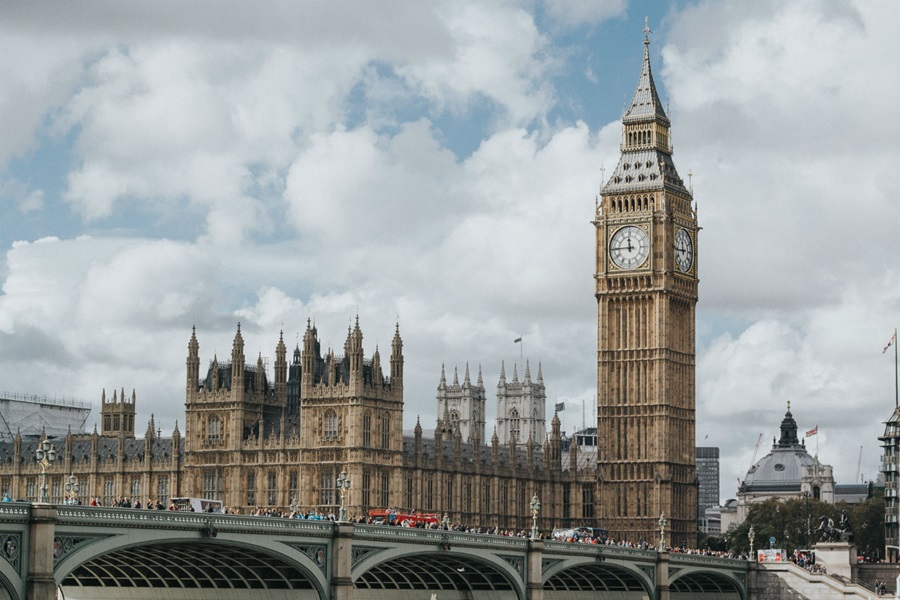Kantar voting intention polls (10th Jan – 14th Jan 2019) show Labour 38% (no change vs Dec 2018), Conservative 35% (-3 vs Dec 2018), Lib Dems 9% (nc), UKIP 6% (+1), SNP 4% (nc), Green 4% (-1), PC 1% (+1), Other 3% (+2).
As the Conservatives continue to be mired in Brexit turmoil, 8% of those who voted Conservative in 2017 General Election would now vote for UKIP.
How would the people vote if a new referendum was held?
Latest Kantar data (“If a new referendum was held on the UK's membership of the European Union, how would you vote in this referendum?”), 35% of the public say they would vote Leave (+2), Remain 44% (+8), No vote/DK 21% (-10). The increase in support for Remain primarily comes from individuals that did not vote in the 2016 referendum (38% now say they would vote Remain compared with 18% that now support Leave).
Public opinion on the government’s management of the economy and Brexit
Four in ten think that the UK government’s management of the UK economy is ‘poor’ (41%, +5 vs Dec 2018), while one in five (18%, -4) rate the government as doing a good job. Perceptions of how the government is managing Brexit negotiations are more clear cut, with over 6 in 10 Britons (66%, +6 vs Dec 2018) rating the government’s performance as poor and 21% (-2 vs Dec 2018) rating their handling of the negotiations as well.
When asked about the impact Brexit will have on jobs, NHS care, schools, living costs and peoples’ local area, 42% (nc) of the British public believe that Brexit will have negative effects with no positive effects. This compares to 21% (-1 vs Dec 2018) who believe it will have positive effects with no negative effects.
According to January’s Brexit Barometer, the British public’s (sometimes contradictory) priorities for the UK’s exit agreement are:
- Over three quarters of the public want the UK to continue collaborating with the EU on science, research and technology initiatives (76%, +3 vs Dec 2018) and (80%, +6 vs Dec 2018) on security and policing. 68% of the public want British companies to have tariff-free access to the EU markets (+8 vs Dec 2018) while 58% want European companies to have the same tariff-free access to UK markets, including services (+5 vs Dec 2018).
- Almost 7 in 10 Britons (67%, +6 vs Dec 2018) want the border between Northern Ireland and the Republic of Ireland to remain ‘soft’ without any passport control. Whilst 19% said they ‘don’t know’ (-4 vs Dec 2018)
- 6 in 10 Britons (62%, +3 vs Dec 2018) want the UK to draw up its own rules and regulations, even if they clash with EU rules and regulations and for there to be no further contributions to the EU budget (62%, +1 vs Dec 2018)
- 6 in 10 (62%, +7 vs Dec 2018) of the public want unrestricted rights for UK citizens to live in the EU. Whereas 46% (+3 vs Dec 2018) of Britons want to deny the same unrestricted right for EU citizens to live in the UK.
- 6 in 10 (60%, +7 vs Dec 2018) want the UK to be part of a customs union with the EU to ensure no checks on goods at UK/EU borders, including with Ireland.
Public preparations
When asked how likely are they to take action ahead of the UK’s departure date from the EU, 26% of those currently in employment (+3 vs Dec 2018) said they are likely to or have looked for a different job, and 1 in 3 people said they have already or will reduce spending on leisure activities or eating out (30%, -1 vs Dec 2018).

